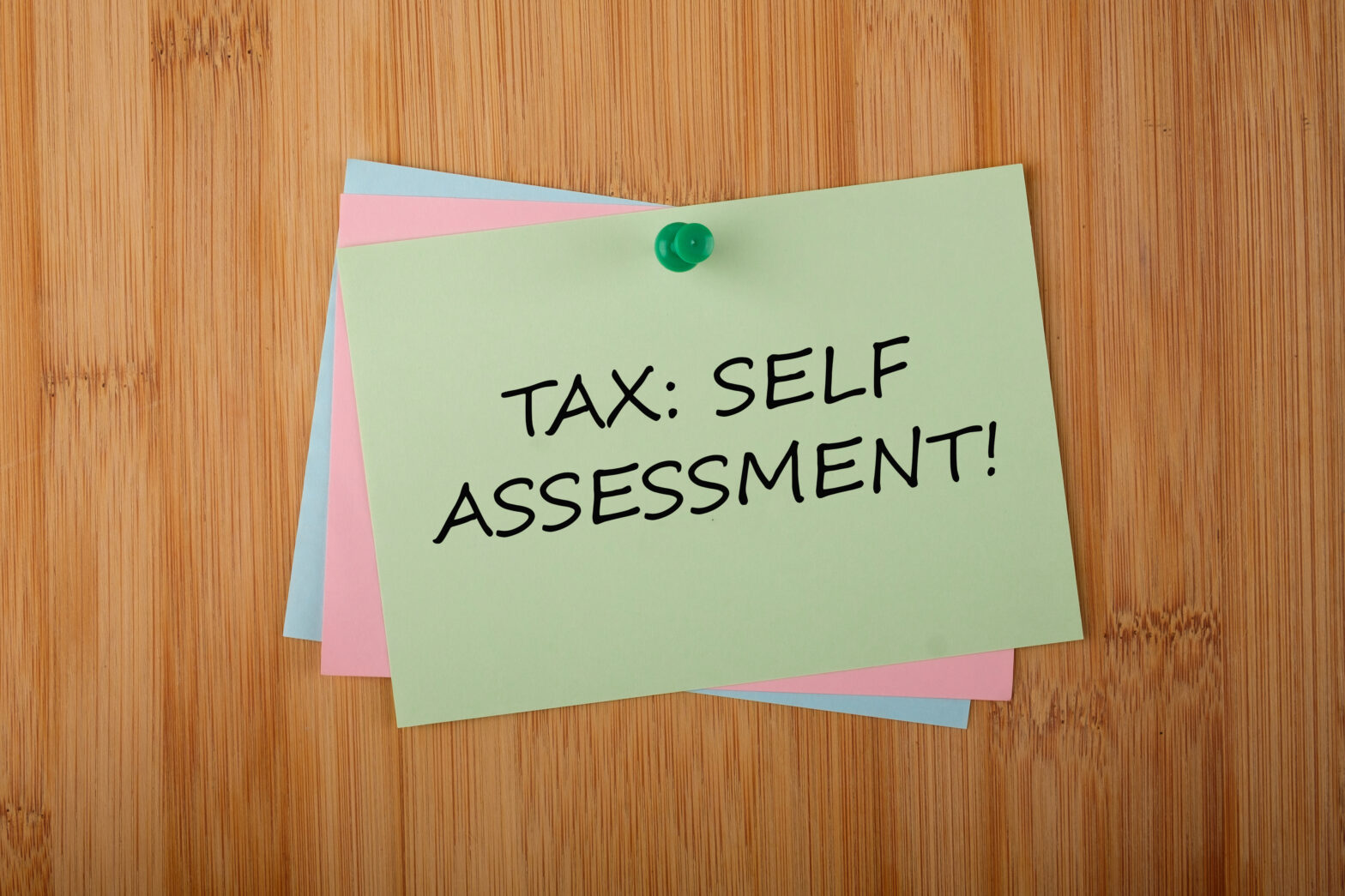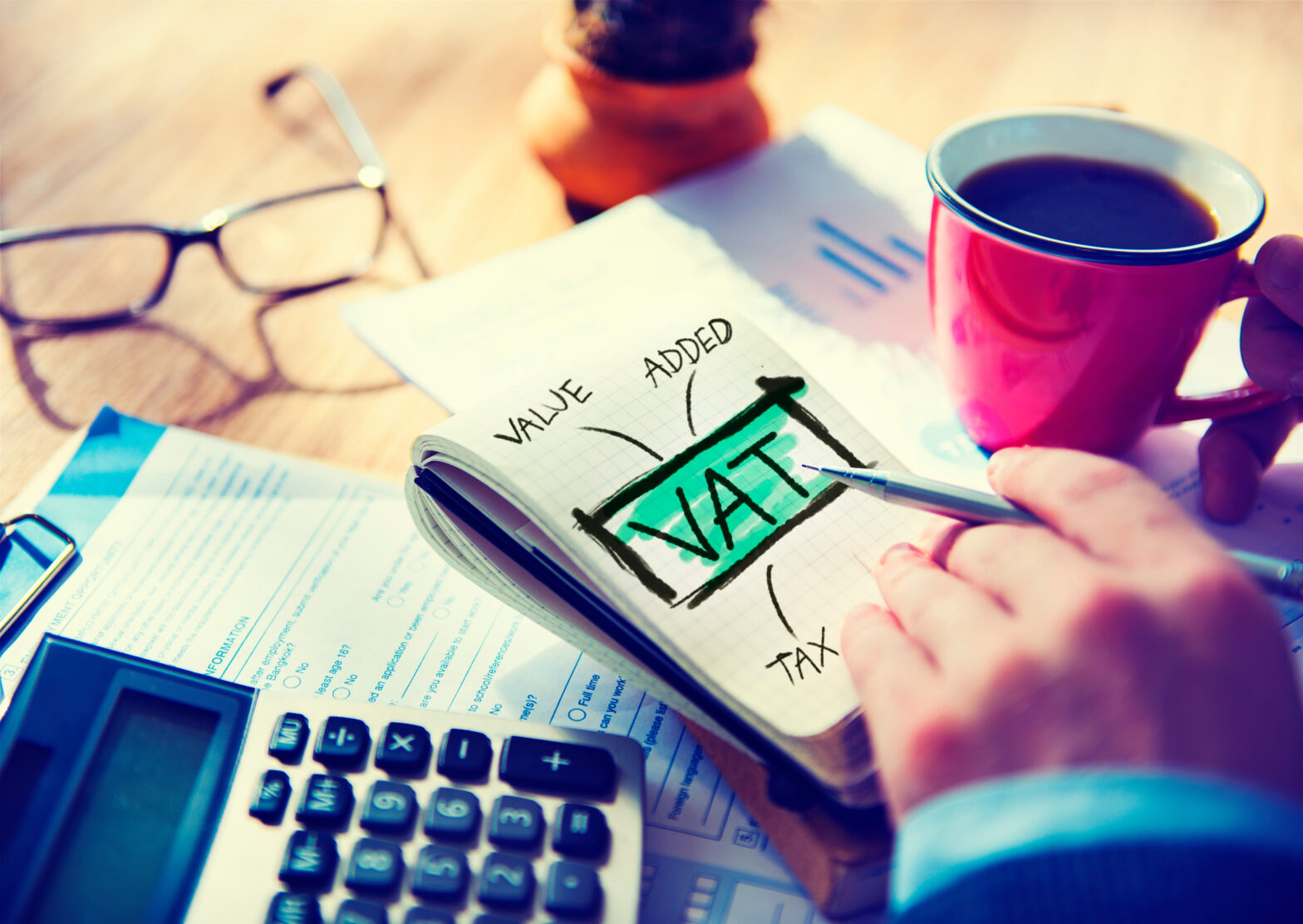Freelancers and micro-business owners who have yet to register their business with HMRC are rapidly running out of time if they want to get their Self Assessment tax return submitted to HMRC, FreeAgent warns.
The company – who provide award-winning cloud accounting software for freelancers, micro-businesses and their accountants – warns business owners that failing to register for Self Assessment in the next week will mean they are unlikely to be able to submit their tax return on time, and will be fined by HMRC.
Emily Coltman FCA, chief accountant at FreeAgent, says, ‘Before you can submit your Self Assessment tax return you must first register with HMRC and get your unique activation code sent to you by post. You simply cannot file your return without this.
‘It’s a relatively straightforward process but, as you’re relying on snail mail to get your code, it can take a while to receive the information you need. And if you leave it too late, you won’t get your code in time to be able to meet the January 31st deadline.’
Coltman adds, ‘Remember that HMRC doesn’t accept failing to register in time as an acceptable excuse for filing a tax return late, so if you don’t get your code and you can’t submit your Self Assessment return, you’ll receive an automatic £100 fine. In addition, if you don’t pay your tax you’ll also face extra financial penalties which can quickly escalate.
‘It’s better to act quickly and register with HMRC now than risk leaving it until it’s too late.’
During the last Self Assessment season, 870,000 people fail to submit their tax return before the January 31st 2016 deadline; leading to automatic £100 fines from HMRC.
In addition to failing to register with HMRC on time, Emily also highlights three other common mistakes that freelancers and micro-business owners make on their Self Assessment tax returns.
Failing to declare all income
When you’re filling out your tax return, you must remember to include all of the income you’ve earned during the year – not just what you’ve received via your main employment.
Leaving out other important information
You also have to include important information about expenditure that you have made for your business on your tax return. Failure to include these could result in you paying an incorrect amount of tax.
Including un-claimable expenses
If you don’t get all of your expenses correct, you won’t pay the right amount of tax. So make sure you follow the correct rules around business clothing, entertaining, food & drink, business use of home and travel expenses – because there are many common mistakes that small businesses make with regard to these.
Either check HMRC’s website or look for an alternative source of small business accounting information to find out which expenses you can and can’t claim tax relief on before you tackle your tax return.





